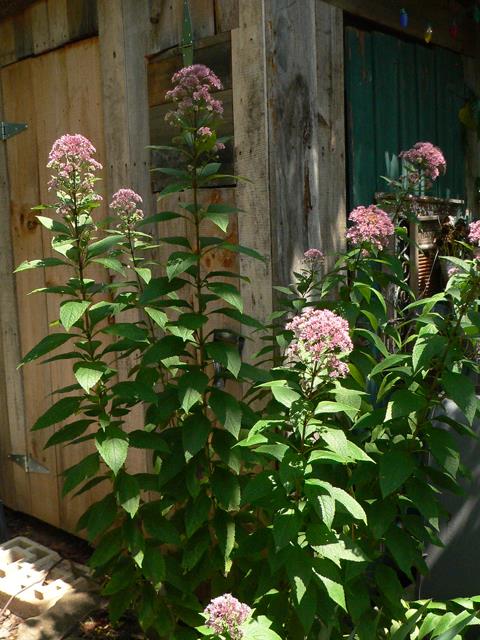Restoring, Sustaining Productive Ecosystems

We can bring back functional ecosystems, Dr. Doug Tallamy explains in “Hometown Habitat,” a film that FODM featured at the November 16, 2016, meeting. He describes the effort as “healing the Earth, one yard at a time.” Dr. Tallamy is Professor and Chair of Entomology and Wildlife Ecology at the University of Delaware and the author of Bringing Nature Home.
The 90-minute documentary produced by Catherine Zimmerman features “habitat heroes” who share their commitment to conservation landscaping, success stories relating how they restored habitats to productive ecosystems, habitats that re-define our relationship with nature. The real-life stories, from Colorado to New York City to Miami, explore topics like ecosystem services, water conservation, sustainable gardening, eco-art and environmental activism.
Speakers in the film make many compelling points, including these:
• Everyone can practice conservation landscaping, from a flower pot to a farm field.
• Five percent of the United States is “relatively pristine.” That is not enough.
• If we lose plants, we lose insects. If we lose insects, we lose the basis of most food webs.
• Most non-native plants, like ornamentals, provide little value to the food web. At least 85 percent of invasive plants are escapees from home gardens.
• Traditional home landscaping in the U.S., provides little biodiversity. Biodiversity runs ecosystems.
• Re-landscaping to create productive systems is a paradigm shift.
• People should plant plants that belong together in a community.
In his book, Dr. Tallamy writes, “We can no longer hope to coexist with other animals if we continue to wage war on their homes and food supplies.”
For information about the film, visit http://themeadowproject.com/.
Photo of purple joepyeweed by Sarah Linn, Lady Bird Johnson Wildflower Center.

 Friends of Dyke Marsh, Inc. is a non-profit 501(c)(3) organization.
Friends of Dyke Marsh, Inc. is a non-profit 501(c)(3) organization.